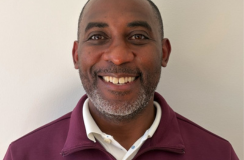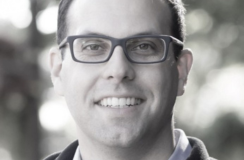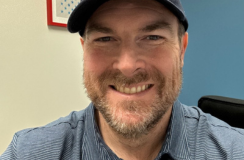oday's story comes wonderfully full circle.
Iris Levine had something of a rough upbringing in Nashville, Tennessee.
When college application time came around, a teacher encouraged her to look further afield than the state schools.
She ended up at prestigious Tufts University in New England. She thought she'd probably never go back to Nashville.
But about ten years later she did.
And today, not only does Iris live in her hometown, she bought a business there — a substantial one.
The Porch Company is a 30-year-old, $6m/year design & build construction company.
The kicker? Its offices are three minutes from where she grew up.

So, not yet 30, Iris is owner of a sizable business, with deep roots and a strong brand in her native Nashville.
Here she is, Iris Levine, owner of The Porch Company.















%20-%20thumbnail.png)






%20-%20thumbnail.png)



%20-%20thumbnail.png)

.png)




%20-%20thumbnail.png)















%20-%20thumbnail.png)


























































